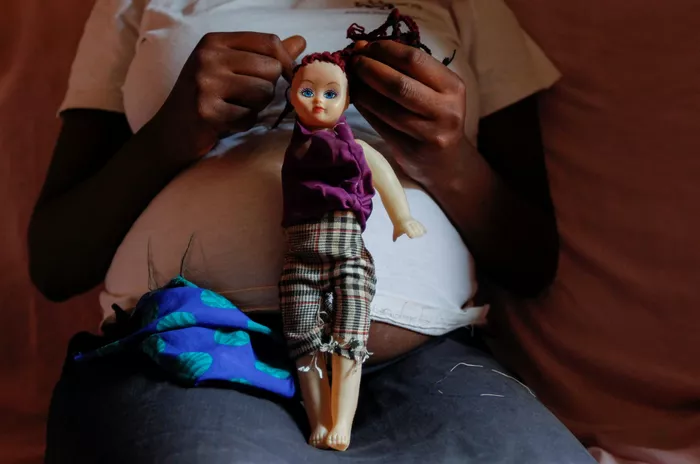A conference hosted by the African Union Commission in Addis Ababa is currently addressing challenges faced by pregnant and parenting students in Africa. Government ministers, education experts, and civil society representatives are convening to accelerate progress on girls’ and women’s education.
Recent UNESCO data highlights that fifty-one million girls across Africa are out of school, with nine out of ten countries with the highest education exclusion rates for girls located in sub-Saharan Africa.
The conference is focusing on the significant issues affecting pregnant and parenting students. Shockingly, one in every five girls in Africa becomes pregnant before the age of nineteen, leading many to drop out of school. Barriers such as discrimination and inadequate support systems contribute to low school retention rates and completion rates.
Many African countries have policies related to pregnant or parenting students, but their effectiveness varies widely. To address these challenges, governments must integrate education, health, and social protection systems to provide comprehensive support to young mothers.
The African Union has a pivotal role in this effort. By leveraging its influence and proposing policy frameworks, the AU can guide member states in fulfilling their human rights obligations. At the conference, AU institutions, including human rights bodies, are urging African governments to reassess education policies and ensure their effective implementation. Calls are growing for the AU to develop a continental framework that sets standards for the rights of pregnant and parenting girls, encouraging governments to adopt policies that comply with human rights principles.
Overall, the AU and its partners are advocating for robust, rights-based policy frameworks that will support school officials, teachers, and others involved in the education sector across Africa.


